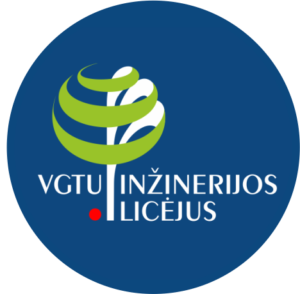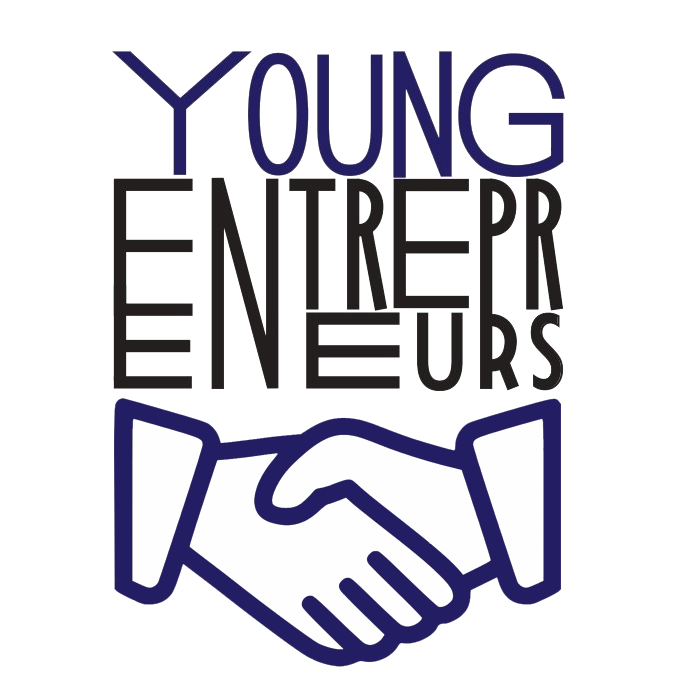Lithuania
Vilniaus Gedimino technikos universiteto inžinerijos licėjus (LITHUANIA)
 It is a public school implementing two educational programs simultaneously: general and engineering. There are 1479 students and 110 teachers.
It is a public school implementing two educational programs simultaneously: general and engineering. There are 1479 students and 110 teachers.
Since 2011 Lyceum has carried out in-depth technology, science, and mathematics education. There are students of 1-12 grades. Seniour students collaborate with Vilnius Gediminas Technical University, where they perform working together with university professors. Lyceum cooperates and actively works with the social partners: Vilnius Gediminas Technical University, Goethe Institute, VU Confucius Institute, Robotics Academy. The school has a strong team of teachers: experts, methodologists, author of textbooks and workbooks, leaders of various methodological seminars and events. The school is an active community where school and city’s national and international projects are constantly implemented. Lyceum has a strong ICT base. The STEAM Centre in Lyceum was established to ensure effective and creative education.
The early financial literacy and entrepreneurship skills are necessary for our students since they are surrounded by globalization which means it is very important for them to understand the main rules of deciding their future, they must be well oriented in financial marketing and the mass of possibilities for their future careers. VGTU Engineering Lyceum has already made the first steps by establishing FabLab and has participated in the national project “Motivating creativity and entrepreneurship skills in Vilnius FabLab schools” (2019). Students participated in such events can create a small business community now, they know the basic aspects of business and searching for the potential investors, and they are also well known with the stages of the entrepreneurship. While observing successful involvement and motivation of our students we feel the need to run this kind of the project and involve more and more students. Students often feel disturbed since they cannot decide what way for their future to choose, thus this project would be one more great possibility to enable our students to evaluate their entrepreneurship skills. Since the implementation of the entrepreneurship covers many areas, such as generating ideas, implementing technical aspects, public communication, structural issues, argumentative arrangement of ideas we believe this project would be a great sphere to know better the entrepreneurship possibilities and skills of our students.
